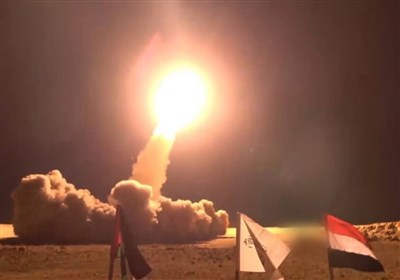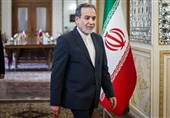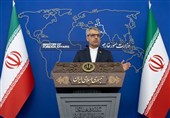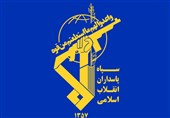Freeze on Iran Assets in Luxembourg Not New: Diplomat
TEHRAN (Tasnim) – A judge’s ruling that has put a freeze on the Central Bank of Iran’s assets in Luxembourg dates back to the time before the onset of the nuclear negotiations between Iran and six world powers that resulted in the JCPOA, an Iranian deputy foreign minister said.
Speaking to journalists in Tehran on Tuesday, Majid Takht Ravanchi, who was a senior negotiator in nuclear talks between Iran and the Group 5+1 (Russia, China, the US, Britain, France and Germany), said freezing Iran’s properties in Luxembourg is not a new development.
Iran has not been able to have access to the Central Bank of Iran’s assets in Luxembourg due to sanctions, he added.
The property is still in Europe and no new development has taken place recently, Takht Ravanchi noted, saying lawyers of the Central Bank of Iran and of the Luxembourgian company holding the assets are in consultation over the issue.
He explained that even before the start of the nuclear negotiations anti-Iran attempts were underway to put a local US court ruling accusing Iran of aiding terrorist attacks, which is “totally unfair and baseless”, in effect outside the US as well.
Over the last two decades, victims of terrorist attacks have racked up more than $50 billion in default judgments against Iran, according to New York Times.
While a group of attack victims who have won a default judgment against Iran have gone to a European court to try to enforce it, a judge in Luxembourg has put a freeze on $1.6 billion in assets belonging to the Central bank of Iran.
Lawyers for the victims sent a letter on Thursday to the prime minister of Luxembourg, seeking his government’s assistance in opposing Iran’s effort to unfreeze the assets.
In 2011, victims of the September 11 attacks, launched by Saudi-backed al-Qaeda in 2001, persuaded a federal judge in New York, George B. Daniels, to find that Iran had aided the attacks by providing assistance to al-Qaeda. In 2012, he ordered Iran to pay the victims $2 billion in compensatory damages and $5 billion in punitive damages.
That judgment stagnated for years because there was no obvious way to collect it. But then it came to light that the Clearstream system in Luxembourg, which facilitates international exchanges of securities, was holding $1.6 billion in Central Bank of Iran’s assets that had been blocked under sanctions.
Last year, lawyers for the September 11 victims persuaded a judge in Luxembourg to place a new freeze on those assets while they sued over whether they could execute the default judgment against those funds.
Both Clearstream and the Central Bank of Iran are now trying to get that freeze lifted.






